Iran invites Saudi Arabia to join Iftar nomination for UNESCO label
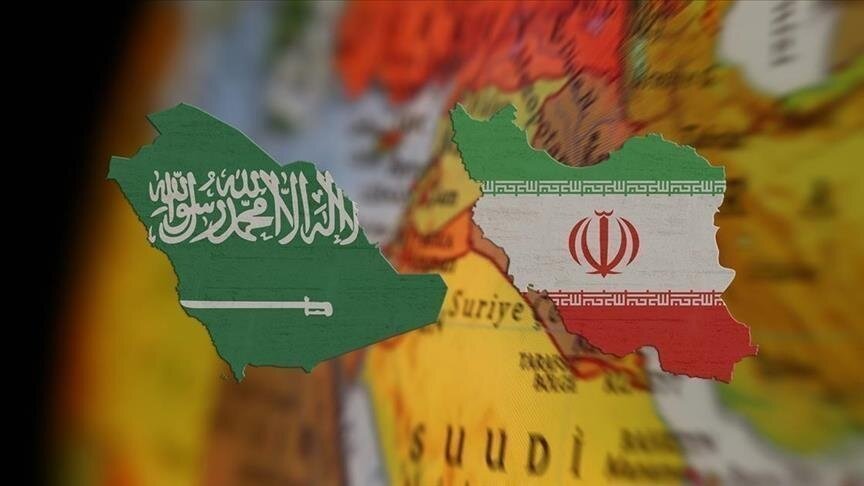
TEHRAN - Iran has invited Saudi Arabia to join a possible UNESCO listing for Iftar and its socio-cultural traditions, which are shared among Muslim-majority countries.
The invitation was made by Ali Darabi, Iran’s deputy minister for cultural heritage, in a meeting held in Riyadh with the Kingdom’s Rakan bin Ibrahim Al-Touq, general supervisor of cultural affairs and international relations, Mehr reported on Wednesday.
Darabi emphasized Iran’s readiness to expand joint cultural activities and deepen cooperation in tourism affairs in the meeting, which was attended by Ahmed bin Abdulaziz Alblihed, Secretary-General of the Saudi National Commission for Education, Culture and Science, the report said.
“The Iftar feast is a very treasured and common heritage among all Muslims. This tradition has been left from the beloved Prophet of Islam, Hazrat Muhammad (PBUH), as a remembrance for us Muslims,” Darabi said.
Al-Touq said there are many common areas in the fields of cultural heritage, tourism and handicrafts between Iran and Saudi Arabia, and protecting the common intangible heritage of Muslims, including the Iftar feast, is of great importance.
Moreover, the officials discussed ways to take joint actions in the field of cultural heritage, such as preparing joint files for a possible UNESCO tag.
A delegation of cultural heritage experts headed by Darabi has arrived in Riyadh to attend the 45th session of the World Heritage Committee, which runs from September 10 to 25.
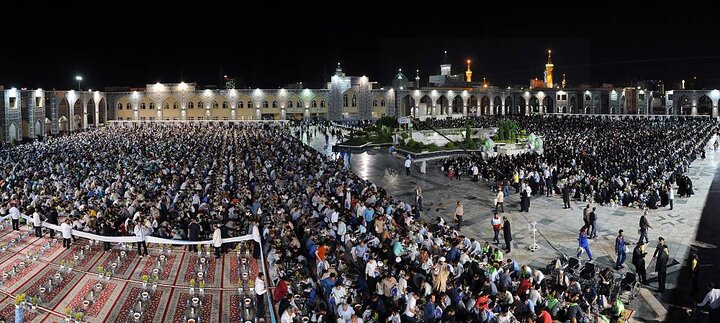
Last year, Iran submitted a dossier on the Iftar meal and its socio-cultural traditions to UNESCO seeking a joint registration between the Islamic Republic, Turkey, Azerbaijan, and Uzbekistan.
Iftar stands out during the lunar month of Ramadan, when believers abstain from food and drink during daylight hours and break their fast with the iftar evening meals, which vary from simple plates of bread, dates, cheese and tea to heavy ones.
For Muslims, Ramadan, also known as “Ramazan-e Karim” (benevolent/merciful Ramadan), is a time for more than ever, practicing humility, patience, simplicity, empathy, and acceptance when things don’t go their way. It’s also a time to make stronger bonds of fellowship.
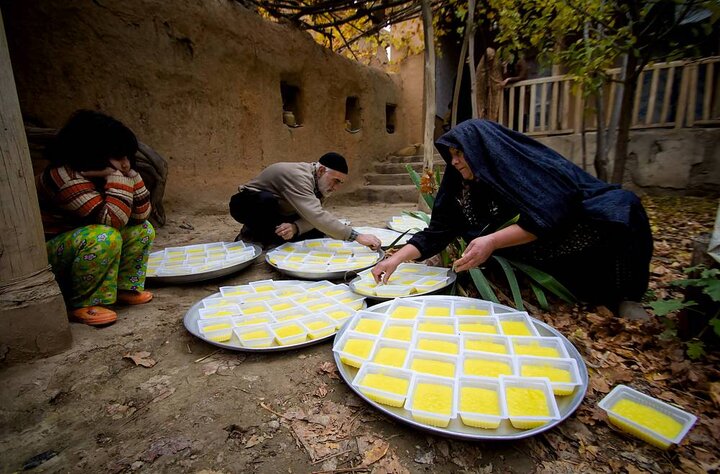
The fast is observed from dawn (fajr) to sunset (maghrib) and pray more than usual and with even more intensity to get closer to God. Ramadan is traditionally a time of great hospitality and generosity. For Muslims, everything is done ceremoniously and consciously in line with what has been passed down from generation to generation.
After a long day’s observance of fasting from dawn, Muslim families gather at sunset to break their fast over a meal known as Iftar, which is typically more than just food at the end of a ritualistic day.
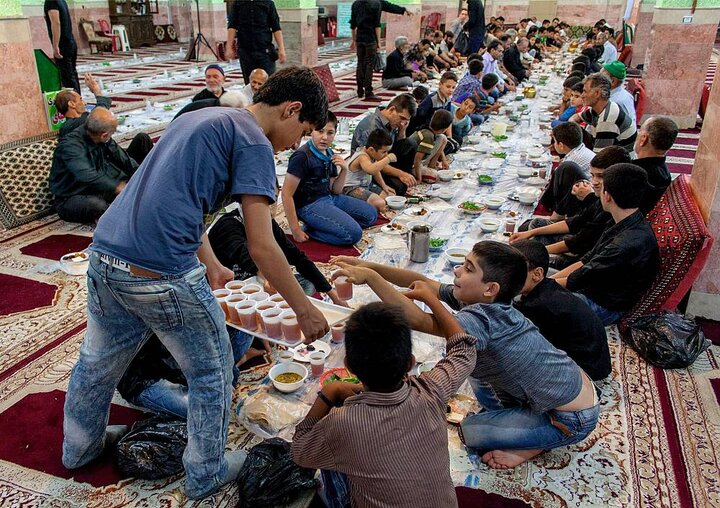
During the daytime, all restaurants and coffee shops are closed. However, by sunset, street Iftar meals are ready to grab for those who cannot reach home in time to break their fast.
By tradition, the new moon crescent, which is sighted by the naked eye marks the beginning of a new lunar month, but these days Muslims prefer to lean towards astronomical calculations to avoid such confusion.
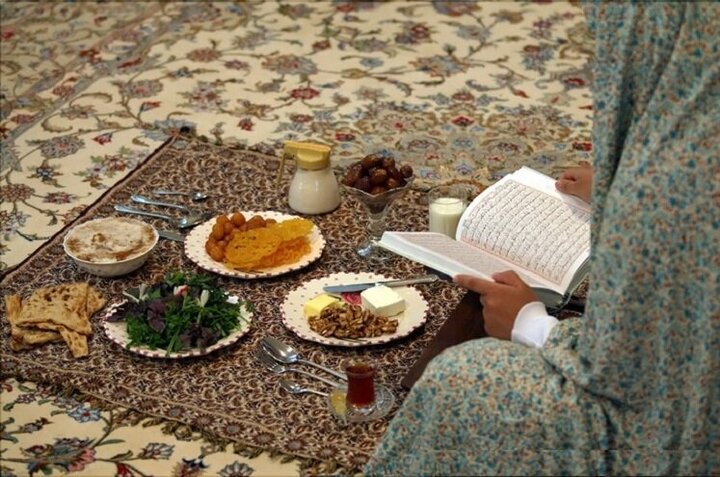
They say Ramadan’s fasting helps people to strengthen their willpower and endurance to resist temptation in all forms. It empowers purity of thoughts, intentions, and deeds through the road to self-discipline, self-control, sacrifice, compassion, and affection.
AFM
Leave a Comment